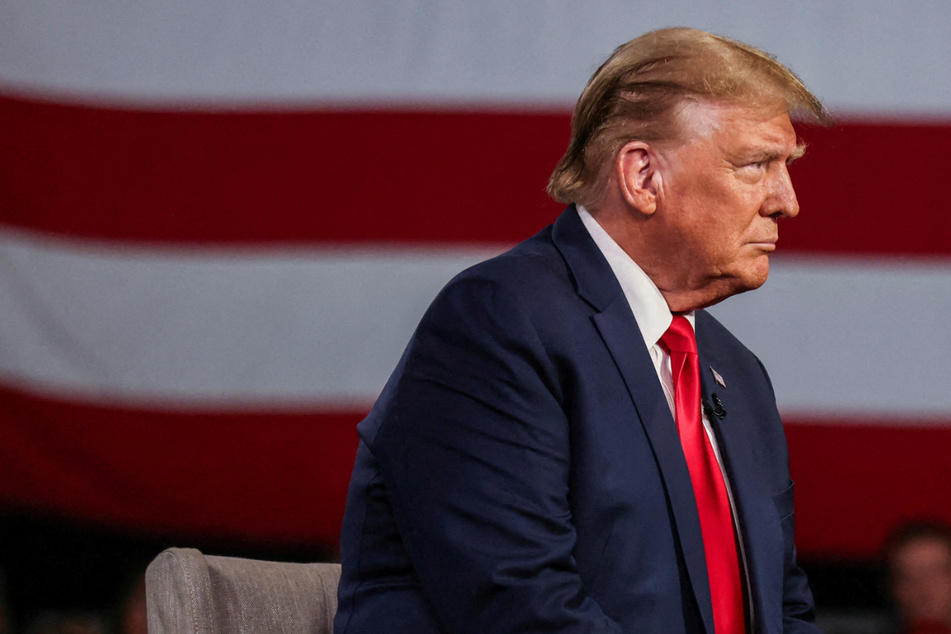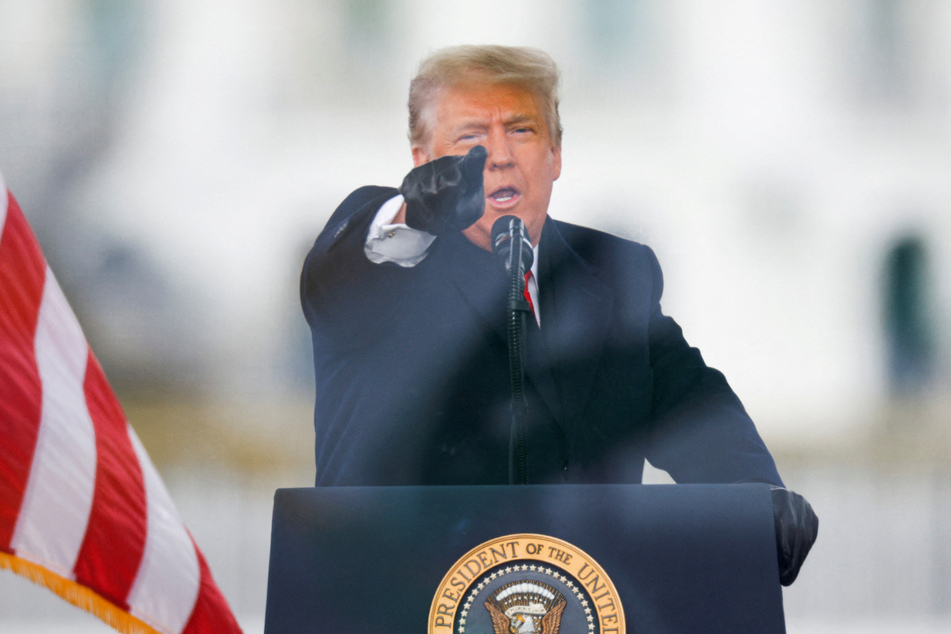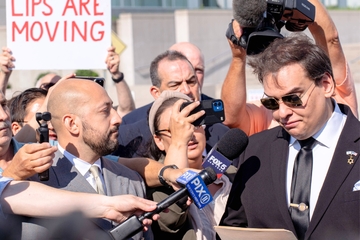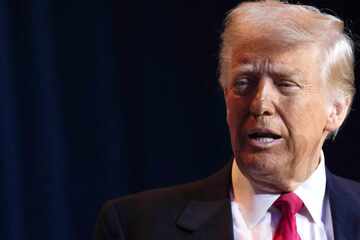Trump scores big win with Supreme Court in presidential immunity case
Washington DC - The Supreme Court announced Wednesday it will hear arguments and issue a decision on whether former US president Donald Trump is immune from prosecution for the January 6 mob attack on the Capitol.

Even if the justices ultimately rule against Trump, their decision to intervene now will delay his trial for several months, casting doubt on whether the criminal case could go to a jury before the fall election campaign.
The justices said it will hear arguments on April 22.
It's not clear whether some of the justices believe Trump has a strong claim for immunity for his "official acts" as president, or instead if they are just following the court's normal rules for resolving a major constitutional question.
Trump's claim of absolute immunity for his actions as president has been derided by most legal experts.
In one court hearing, Trump's attorney asserted the former president could be shielded from prosecution even if he had told a Navy Seal team to kill one of his political rivals.
Special Counsel Jack Smith said Trump is charged with crimes that "strike at the heart of our democracy. A president's alleged criminal scheme to overturn an election and thwart the peaceful transfer of power to his successor should be the last place to recognize a novel form of absolute immunity from federal criminal law."
Trump was indicted by a grand jury in Washington on four felony counts that grew out of his efforts – some public and some behind closed doors – to prevent President Joe Biden from being certified as the winner of the 2020 election.
Seeking to block a trial, Trump's lawyers argued that a former president is shielded from criminal charges for his "official acts" while in office.
Trump's immunity claims previously failed in US Court of Appeals

US District Judge Tanya Chutkan disagreed and said the Constitution provides no absolute immunity for former presidents, and the US Court of Appeals affirmed her judgment in a 3-0 ruling.
On February 12, Trump's lawyers filed an emergency appeal urging the justices to keep the case on hold while their appeals could be considered.
They said, "President Trump's claim that Presidents have absolute immunity from criminal prosecution for their official acts presents a novel, complex, and momentous question that warrants careful consideration on appeal... If the prosecution of a President is upheld, such prosecutions will recur and become increasingly common, ushering in destructive cycles of recrimination."
They noted that one of the court's rules calls for granting review in a case when an appeals court "has decided an important question of federal law that has been not been, but should be, settled by this [Supreme] Court."
In December, the special counsel had cited that rule in urging the justices to hear Trump's case immediately. It is "of imperative public importance that [his] claims of immunity be resolved by" the high court, Smith said then.
But the justices turned down his appeal for a fast-track ruling and sent the case to the US appeals court.
This month, the special counsel partly reversed course and said the justices should refuse to rule on Trump's appeal, clearing the way for the trial to begin later this spring. Granting review now "threatens to frustrate the public interest in a speedy and fair verdict," he said.
As a fallback, he said the justices should hear the case in March and decide it on a fast-track schedule.
The special counsel made no mention of the election campaign or Trump's status as the overwhelming favorite to win the Republican presidential nomination. But if the trial is delayed until late summer, the special counsel may run up against the Justice Department's policy of avoiding prosecutions that could affect an election.
Cover photo: REUTERS

